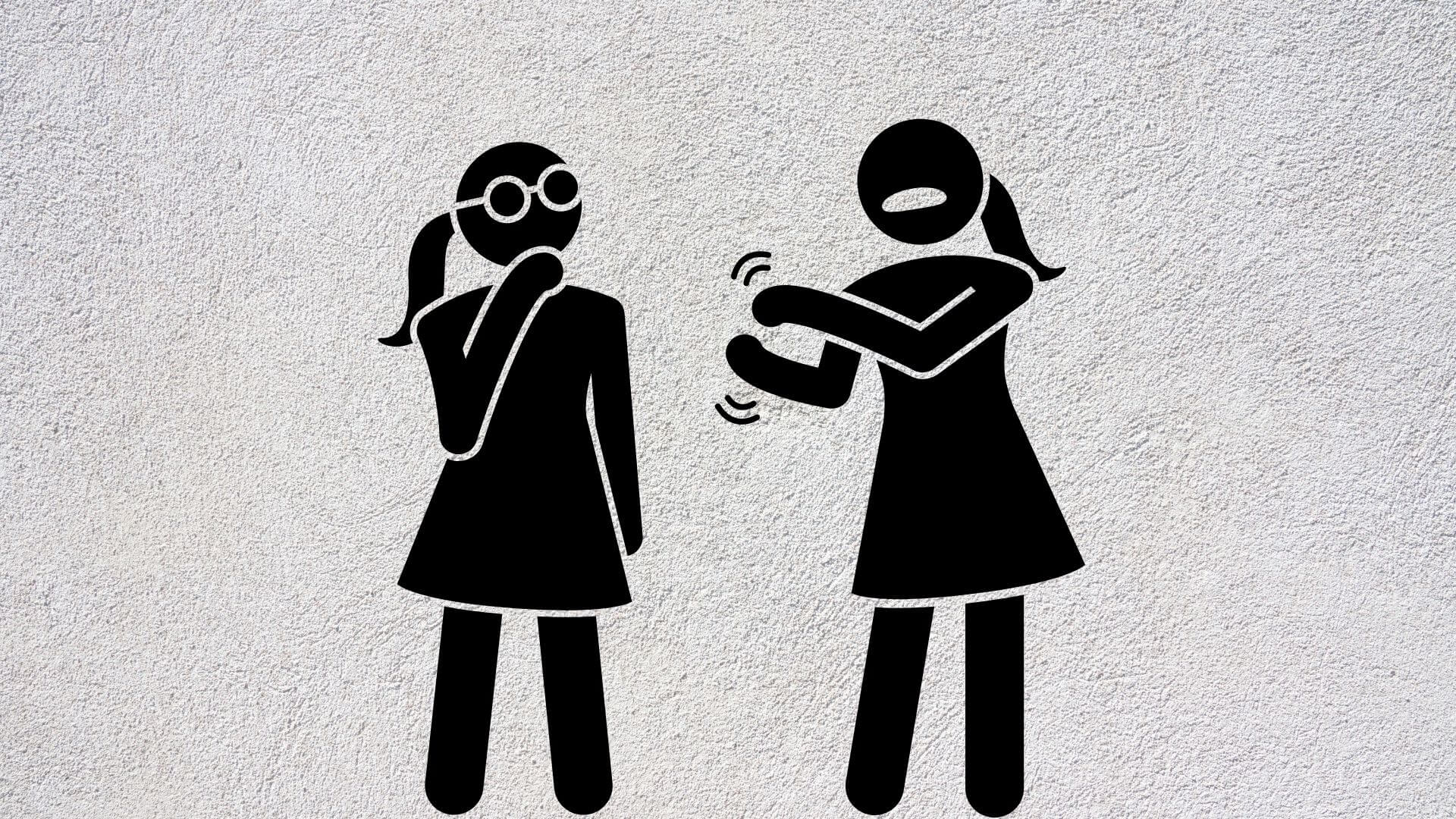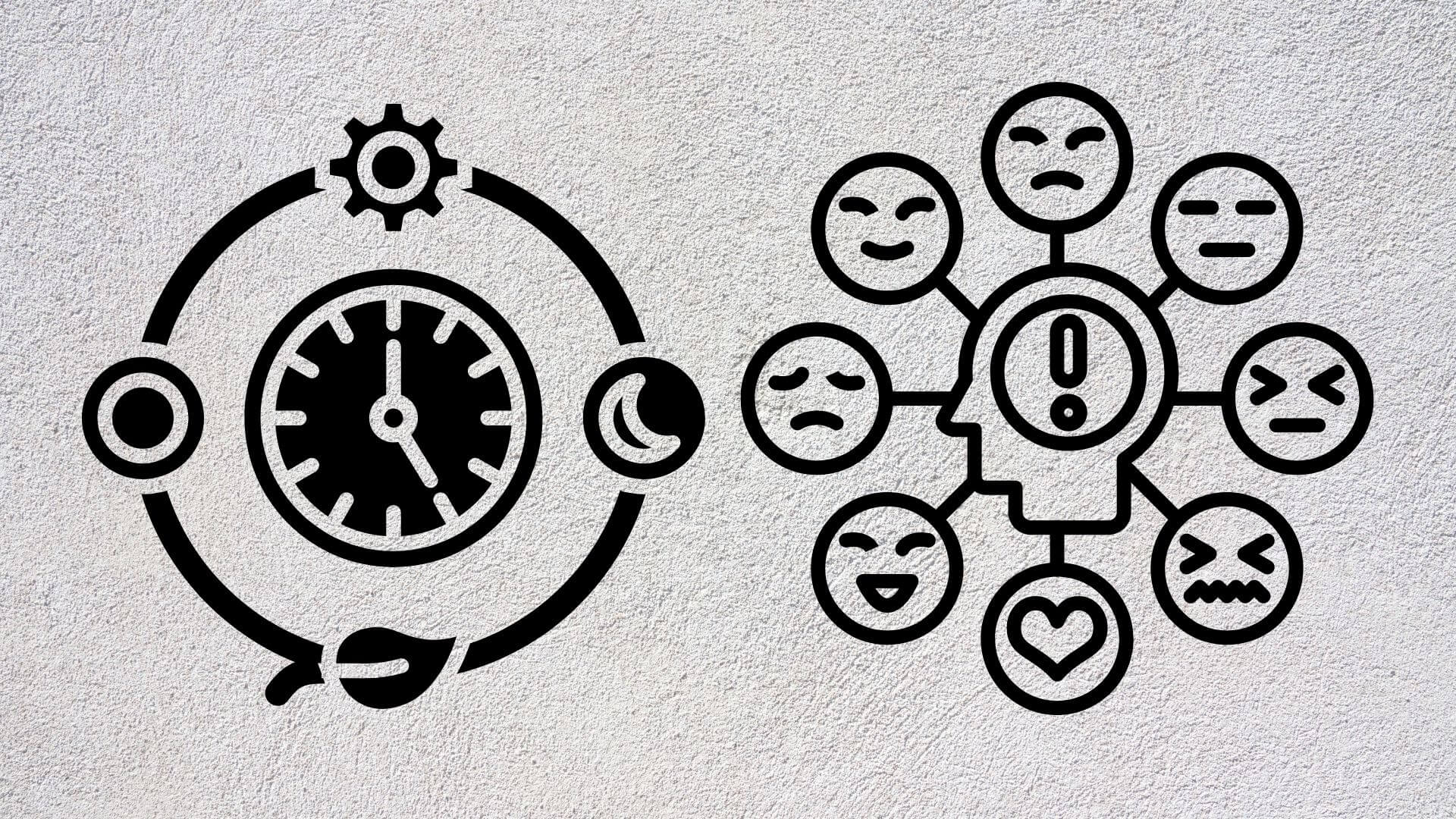Learning Spanish adjectives can really boost your vocabulary. When you know a lot of different adjectives, you can describe things more precisely, whether you’re talking about how someone looks, how you feel, or everyday situations.
So, why does it matter how well we use these descriptive words? Well, it changes how we talk and how others see us when we speak Spanish. Let’s chat about how expanding your vocabulary can make your conversations better and help you understand the culture more deeply. What do you think? How has learning new words helped you in real conversations?
Types of Adjectives in Spanish
In Spanish, adjectives are words that describe or modify nouns. They can be categorized into several types based on their function and meaning. Here are the main types of adjectives in Spanish:
1. Adjetivos Calificativos (Descriptive Adjectives)
- These adjectives describe the qualities or characteristics of a noun.
- Examples:
- bonito (pretty)
- grande (big)
- rápido (fast)
- Example in a sentence: El coche rápido. (The fast car.)
2. Adjetivos Determinativos (Determining Adjectives)
- These adjectives provide information about the quantity, possession, or identity of the noun. They include several subcategories:
Adjetivos Demostrativos (Demonstrative Adjectives)
- Indicate the location of something relative to the speaker.
- Examples:
-
- este (this)
- esa (that)
- aquellos (those)
-
- Example: Esta casa es bonita. (This house is pretty.)
Adjetivos Posesivos (Possessive Adjectives)
- Indicate possession or ownership.
- Examples:
-
- mi (my)
- tu (your)
- nuestro (our)
-
- Example: Mi libro está aquí. (My book is here.)
Adjetivos Numerales (Numeral Adjectives)
- Indicate quantity or order.
- Examples:
-
- dos (two)
- primer (first)
-
- Example: Tengo tres perros. (I have three dogs.)
Adjetivos Indefinidos (Indefinite Adjectives)
- Indicate a non-specific quantity or identity.
- Examples:
-
- algunos (some)
- muchos (many)
- poco (few)
-
- Example: Pocos estudiantes llegaron temprano. (Few students arrived early.)
Adjetivos Interrogativos y Exclamativos (Interrogative and Exclamatory Adjectives)
- Used in questions and exclamations.
- Examples:
-
- qué (what)
- cuánto (how much)
-
- Example: ¿Qué libro estás leyendo? (What book are you reading?)
3. Adjetivos Relativos (Relative Adjectives)
- These adjectives relate one part of a sentence to another.
- Example: cuyo (whose)
- Example: El autor cuyo libro leímos es famoso. (The author whose book we read is famous.)
4. Adjetivos Gentilicios (Demonymic Adjectives)
- These adjectives indicate the origin or nationality of a person or thing.
- Examples:
- español (Spanish)
- argentino (Argentinian)
- Example: Ella es mexicana. (She is Mexican.)
5. Adjetivos Partitivos (Partitive Adjectives)
- Indicate a part or fraction of something.
- Example: medio (half), tercio (third)
- Example: Bebió medio vaso de agua. (He drank half a glass of water.)
These categories help in understanding the different ways adjectives can be used in Spanish to modify nouns, each adding a unique layer of meaning.
Also Read: Spanish Numbers: How To Count From 1 – 1000 (Easy Guide)
Adjectives to Describe a Person

| Spanish | English |
| Amable | Kind |
| Valiente | Brave |
| Cariñoso | Caring |
| Divertido | Fun |
| Honesto | Honest |
| Leal | Loyal |
| Generoso | Generous |
| Paciente | Patient |
| Reservado | Reserved |
| Sincero | Sincere |
| Trabajador | Hardworking |
| Inteligente | Intelligent |
| Creativo | Creative |
| Disciplinado | Disciplined |
| Empático | Empathetic |
| Alegre | Cheerful |
| Decidido | Determined |
| Flexible | Flexible |
| Gracioso | Funny |
| Modesto | Modest |
| Optimista | Optimistic |
| Perezoso | Lazy |
| Rudo | Rude |
| Tímido | Shy |
| Simpático | Nice |
| Fuerte | Strong |
| Innovador | Innovative |
| Curioso | Curious |
| Ambicioso | Ambitious |
| Calmado | Calm |
| Responsable | Responsible |
| Impulsivo | Impulsive |
| Jovial | Jovial |
| Prudente | Prudent |
| Serio | Serious |
| Hábil | Skilful |
| Egoísta | Selfish |
| Inseguro | Insecure |
| Adaptable | Adaptable |
| Agresivo | Aggressive |
| Bondadoso | Kind-hearted |
| Compasivo | Compassionate |
| Competitivo | Competitive |
| Comprensivo | Understanding |
| Confiado | Confident |
| Cuidadoso | Careful |
| Culto | Cultured |
| Dedicado | Dedicated |
| Eficiente | Efficient |
| Elegante | Elegant |
| Enérgico | Energetic |
| Estudioso | Studious |
| Exigente | Demanding |
| Extrovertido | Extroverted |
| Fiel | Faithful |
| Gentil | Gentle |
| Hábil | Skilled |
| Inquieto | Restless |
| Meticuloso | Meticulous |
| Obstinado | Stubborn |
Describing someone in Spanish means using a variety of adjectives for both how they look and their personality. For looks, you have words like alto (tall), bajo (short), delgado (thin), and gordo (fat). For personality, you might use amable (kind), serio (serious), gracioso (funny), and perezoso (lazy). Knowing these words helps you give a fuller picture of someone when you’re talking. It’s also important to get the grammar right. The adjectives need to match the gender and number of the nouns they describe. This makes your Spanish not only correct but also clear and effective.
Adjectives for Shopping and Restaurants

| Spanish | English |
| Asequible | Affordable |
| Caro | Expensive |
| Económico | Economical |
| Lujoso | Luxurious |
| Barato | Cheap |
| Exclusivo | Exclusive |
| Moderno | Modern |
| Tradicional | Traditional |
| Cómodo | Comfortable |
| Acogedor | Cozy |
| Amplio | Spacious |
| Apretado | Cramped |
| Limpio | Clean |
| Sucio | Dirty |
| Ordenado | Organized |
| Desordenado | Messy |
| Rápido | Fast |
| Lento | Slow |
| Delicioso | Delicious |
| Sabroso | Tasty |
| Insípido | Bland |
| Picante | Spicy |
| Dulce | Sweet |
| Amargo | Bitter |
| Fresco | Fresh |
| Congelado | Frozen |
| Local | Local |
| Internacional | International |
| Variado | Varied |
| Limitado | Limited |
| Disponible | Available |
| Agotado | Sold out |
| Popular | Popular |
| Exótico | Exotic |
| Casero | Homemade |
| Gourmet | Gourmet |
| Saludable | Healthy |
| Calórico | High-calorie |
| Liviano | Light |
| Pesado | Heavy |
| Innovador | Innovative |
| Tradicional | Traditional |
| Elegante | Elegant |
| Casual | Casual |
| Festivo | Festive |
| Ruidoso | Noisy |
| Tranquilo | Quiet |
| Seguro | Safe |
| Peligroso | Dangerous |
| Accesible | Accessible |
| Inaccesible | Inaccessible |
| Concurrido | Busy |
| Vacío | Empty |
| Renombrado | Renowned |
| Recomendado | Recommended |
| De moda | Trendy |
| Pasado de moda | Outdated |
| Satisfactorio | Satisfactory |
| Insatisfactorio | Unsatisfactory |
| Encantador | Charming |
| Repulsivo | Repulsive |
When we talk about personal traits, we use a lot of different adjectives. But when we talk about shopping and dining out, we focus on a specific set of words. For shopping, words like ‘economical,’ ‘expensive,’ and ‘exclusive’ describe the value and uniqueness of products. For dining, words like ‘delicious,’ ‘fresh,’ and ‘gourmet’ talk about the food’s quality and taste. Describing a place as ‘cozy’ or ‘elegant’ paints a picture of the dining environment. These specific adjectives help us communicate more clearly and make our shopping and dining experiences more vivid.
Also Read: How To Ask Questions In Spanish: A Simple Guide With 84+ Examples
Adjectives for Daily Life and Emotions

| Spanish | English |
| Feliz | Happy |
| Triste | Sad |
| Enfadado | Angry |
| Contento | Content |
| Emocionado | Excited |
| Cansado | Tired |
| Eufórico | Euphoric |
| Deprimido | Depressed |
| Ansioso | Anxious |
| Relajado | Relaxed |
| Estresado | Stressed |
| Tranquilo | Calm |
| Motivado | Motivated |
| Desmotivado | Demotivated |
| Aburrido | Bored |
| Interesado | Interested |
| Desinteresado | Uninterested |
| Preocupado | Worried |
| Indiferente | Indifferent |
| Confundido | Confused |
| Claro | Clear |
| Oscuro | Dark |
| Soleado | Sunny |
| Lluvioso | Rainy |
| Nublado | Cloudy |
| Ventoso | Windy |
| Caluroso | Hot |
| Frío | Cold |
| Húmedo | Humid |
| Seco | Dry |
| Cómodo | Comfortable |
| Incómodo | Uncomfortable |
| Satisfecho | Satisfied |
| Insatisfecho | Unsatisfied |
| Sorprendido | Surprised |
| Asustado | Scared |
| Agradecido | Grateful |
| Ingrato | Ungrateful |
| Generoso | Generous |
| Tacaño | Stingy |
| Amable | Kind |
| Grosero | Rude |
| Educado | Polite |
| Maleducado | Impolite |
| Inteligente | Intelligent |
| Tonto | Silly |
| Sabio | Wise |
| Ignorante | Ignorant |
| Paciente | Patient |
| Impaciente | Impatient |
| Fuerte | Strong |
| Débil | Weak |
| Saludable | Healthy |
| Enfermo | Sick |
| Joven | Young |
| Viejo | Old |
| Nuevo | New |
| Antiguo | Old, antique |
| Hermoso | Beautiful |
| Feo | Ugly |
Learning adjectives for daily life and emotions really boosts how well we can share our feelings and experiences in Spanish. Simple words like feliz (happy), triste (sad), cansado (tired), and emocionado (excited) paint clear pictures of how we feel.
For everyday activities, we use words like ocupado (busy), tranquilo (calm), and estresante (stressful). These words do more than just improve how we talk; they help us connect with others by sharing our true feelings and what we go through daily.
Conclusion
In short, learning Spanish adjectives really boosts your vocabulary and helps you communicate better in Spanish. These adjectives make your expressions clearer and more colorful. Knowing them well helps you understand Spanish more deeply and talk more effectively in different situations. So, it’s important to practice these words regularly if you want to get good at Spanish. Keep visiting the Translation Blog for more translation articles.

